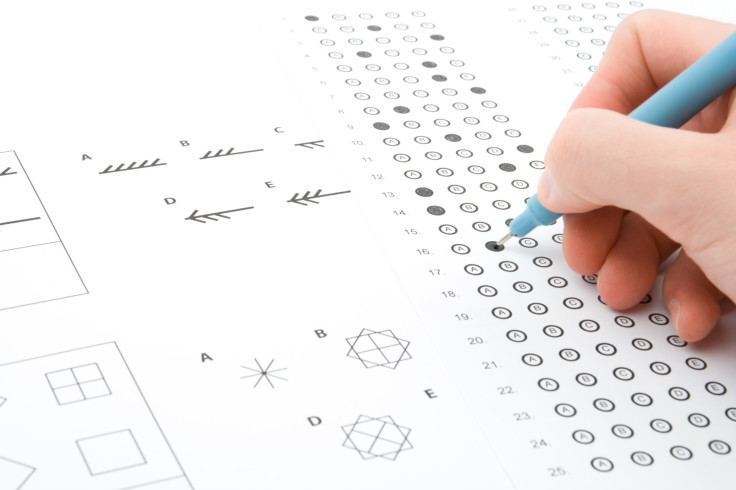Is An IQ Test An Accurate Way To Measure Intelligence Or Are Mental Abilities Something You Can’t Put A Number On?

The IQ test is an exam most of us are familiar with, regardless of whether we have taken it or not. The test was originally designed by the French psychologist Alfred Binet in the early 1900s. But in the new millennium, is the IQ test still an effective means of measuring general intelligence? According to the general consensus, the answer is "no."
An IQ test measures a person’s cognitive ability compared to the population at large. The average IQ is 100, anything above 130 is considered exceptionally smart while a score under 70 is categorized as developmental delays related to intelligence.
Intelligence is defined as general cognitive problem-solving skills. Since the days of Binet, psychologists have agreed that intelligence is much more complex than a single number and may be in fact divided into many subcategories. This is where the IQ test falls short. A Canadian study published online in the journal Neuron concluded that the IQ test is “fundamentally flawed,” seeing that its questions “grossly oversimplify the abilities of the human brain.” The report identified three indications of human intelligence: short term memory, reasoning skills, and verbal ability. None of these skills are at all accurately measured in the traditional IQ test. So what does the IQ test accurately measure? Well according to Laci Green, host of DNews, “What the IQ test did measured was how well Westerners might do in Western schools.”
While the IQ test may give an indication of general intelligence, it can't measure the entire complexity of the human thought process. Creativity, emotional sensitivity, social understanding, and various acquired skills such as music or art, are excluded from test’s measurements of intelligence. If you’d like to get an idea of your IQ take this test, but just remember that whatever your score be, it doesn’t necessarily define how smart you really are.



























